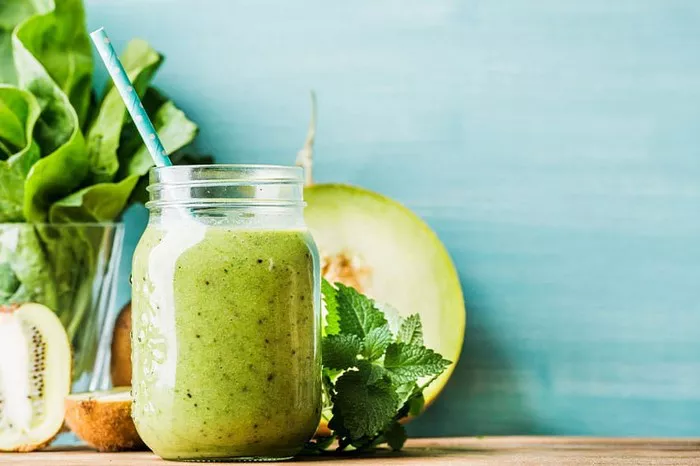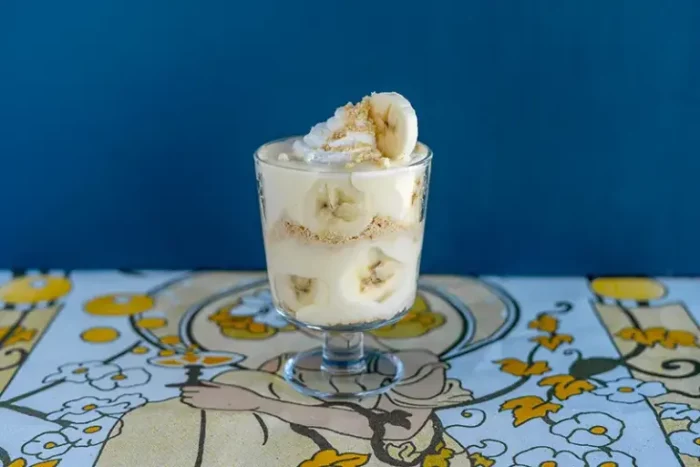Losing weight without exercise may seem impossible, but it is possible with the right approach. Although exercise plays a big role in weight loss, what you eat and how you manage your lifestyle can also make a huge difference. In this article, we will explore the fast and effective ways to lose weight without exercising. These methods focus on improving your diet, managing your habits, and making smart choices that can lead to weight loss.
1. Focus on Your Diet
What you eat is one of the most important factors in losing weight. By changing your eating habits, you can significantly reduce your calorie intake and lose weight. Here are some key strategies to help you:
Eat Smaller Portions
One of the quickest ways to lose weight without exercise is by reducing portion sizes. Many people eat larger portions than they actually need. By eating smaller meals throughout the day, you can reduce your overall calorie intake.
Try using smaller plates and bowls. This helps trick your brain into thinking you’re eating more than you are. It’s also a good idea to listen to your body and stop eating when you feel satisfied, not when you feel full.
Cut Back on Sugary Foods
Sugary foods and drinks are one of the biggest contributors to weight gain. Foods like candies, pastries, sugary cereals, and sodas contain a lot of empty calories and provide little nutritional value. These types of foods can cause your blood sugar levels to spike, leading to hunger and cravings.
Cutting out sugary foods and drinks will help you reduce your calorie intake. Try replacing sugary snacks with healthier alternatives, like fruits, nuts, and vegetables. Drinking water or herbal teas instead of sugary beverages is also a great way to reduce your calorie consumption.
Eat More Protein and Fiber
Protein and fiber are two nutrients that can help you feel full longer, reducing the urge to snack between meals. High-protein foods include lean meats, eggs, tofu, beans, and legumes. These foods not only keep you full but also help build muscle, which can improve your metabolism.
Fiber-rich foods like vegetables, fruits, and whole grains help slow digestion and keep you satisfied for longer. Adding more protein and fiber to your diet can help you reduce overall calorie intake and promote weight loss.
Choose Whole Foods Over Processed Foods
Processed foods often contain unhealthy fats, added sugars, and high levels of sodium. These foods are also often less filling, which can cause overeating. On the other hand, whole foods like fruits, vegetables, lean meats, and whole grains are nutrient-dense, meaning they provide a lot of nutrition without many calories.
Switching to whole foods can help you lose weight quickly and in a healthy way. When shopping for groceries, try to stick to the perimeter of the store, where fresh produce and lean proteins are usually located. Avoid aisles filled with processed snacks and sugary foods.
Limit Carbohydrate Intake
Carbohydrates are an important part of your diet, but too many carbs can lead to weight gain. Refined carbs, like white bread, pasta, and rice, can cause spikes in blood sugar and increase your hunger. By limiting your intake of refined carbohydrates, you can prevent these blood sugar spikes and reduce your calorie intake.
Instead of refined carbs, try focusing on whole grains like brown rice, quinoa, and oats. These grains contain more fiber and nutrients, which can help you stay full and energized throughout the day.
Stay Hydrated
Drinking plenty of water is essential for weight loss. Sometimes, our bodies confuse thirst with hunger, leading us to eat more when we just need to drink. Staying hydrated can help reduce unnecessary snacking and curb your appetite.
Drinking water before meals can also help you feel fuller, which may cause you to eat less. Try to drink at least 8 glasses (about 2 liters) of water each day. If plain water is too boring for you, try infusing it with fruits or herbs for a refreshing twist.
2. Control Your Food Environment
Making changes to your food environment can help you stick to healthier habits and lose weight faster.
Clear Unhealthy Foods From Your Kitchen
The foods you keep in your home play a big role in your eating habits. If you keep unhealthy foods like chips, cookies, and sugary snacks within easy reach, you’re more likely to snack on them. Clear out your kitchen of these foods and replace them with healthier options.
Stock up on fruits, vegetables, nuts, and whole grains. When healthy foods are easily accessible, you’re more likely to make better choices.
Plan Your Meals
Meal planning is another effective way to lose weight without exercise. By planning your meals ahead of time, you can avoid impulse eating and ensure you’re eating healthy, balanced meals. Planning meals can also help you manage portion sizes and avoid overeating.
Take some time each week to plan your meals and snacks. You can prepare healthy meals in advance and store them in the fridge or freezer. This will help you avoid reaching for unhealthy options when you’re hungry and short on time.
3. Improve Your Eating Habits
Your eating habits have a big impact on your weight loss success. By making small changes to the way you eat, you can accelerate your weight loss process.
Eat Slowly and Mindfully
Eating slowly allows your brain to catch up with your stomach and register when you’re full. When you eat quickly, you’re more likely to overeat and consume more calories than you need. Try to take smaller bites, chew your food thoroughly, and savor the flavors.
Mindful eating is also about paying attention to your hunger and fullness cues. Before eating, ask yourself if you’re actually hungry or just eating out of habit or boredom. By becoming more aware of your eating habits, you can prevent overeating and reduce your calorie intake.
Avoid Eating Late at Night
Late-night snacking can sabotage your weight loss efforts. When you eat late at night, your body has less time to burn off those calories before you go to sleep. Late-night eating also tends to be less mindful, leading to overeating.
Try to finish your meals at least 3 hours before bedtime. If you get hungry at night, choose a small, healthy snack like a piece of fruit or a handful of nuts. Avoid high-calorie snacks like chips or sweets.
4. Manage Your Stress
Stress can cause overeating and emotional eating, which can make weight loss more difficult. When you’re stressed, your body releases cortisol, a hormone that can increase hunger and cravings for high-calorie foods.
Finding ways to manage stress is an important step in losing weight without exercise. Consider trying relaxation techniques like meditation, deep breathing, or yoga. These practices can help lower your cortisol levels and reduce stress-induced eating.
Getting enough sleep is also essential for weight management. Lack of sleep can increase hunger and cravings, especially for unhealthy foods. Aim for 7-9 hours of sleep each night to help control your appetite and improve your overall well-being.
5. Use Intermittent Fasting
Intermittent fasting (IF) is a popular weight loss strategy that focuses on when you eat rather than what you eat. IF involves alternating between periods of eating and fasting. There are several different methods of intermittent fasting, but the most common ones include:
The 16/8 Method: This involves fasting for 16 hours and eating during an 8-hour window. For example, you might eat between 12 pm and 8 pm, and fast from 8 pm to 12 pm the next day.
The 5:2 Diet: In this method, you eat normally for five days a week and restrict calories to about 500-600 for two non-consecutive days.
Intermittent fasting has been shown to reduce calorie intake and help with weight loss. It also has other health benefits, such as improving insulin sensitivity and promoting fat burning.
6. Consider Healthy Supplements
Certain supplements may help support weight loss, although they should not be relied upon as a sole method. Some supplements that may help with weight loss include:
Green Tea Extract: This supplement is known for its metabolism-boosting properties. It can help increase calorie burning and fat loss.
Garcinia Cambogia: This tropical fruit extract is said to suppress appetite and reduce fat storage, though the evidence is mixed.
Probiotics: Gut health is important for weight management, and taking probiotics may help balance your gut bacteria and support weight loss.
Before taking any supplements, it’s important to consult with a healthcare professional to ensure they are safe for you.
7. Stay Consistent
Consistency is key when it comes to losing weight without exercise. It’s important to stick to your new habits and make healthy choices every day. While results may not be immediate, over time, these changes can lead to significant weight loss.
Remember that weight loss is a gradual process, and it’s important to be patient. By focusing on a balanced diet, managing your environment, and improving your habits, you can lose weight without exercise and feel better in the process.
Conclusion
In conclusion, losing weight without exercise is possible, but it requires dedication and the right strategies. By focusing on a healthy diet, reducing stress, and making smart lifestyle choices, you can achieve your weight loss goals without hitting the gym. Whether through portion control, mindful eating, or intermittent fasting, there are many ways to shed pounds quickly and sustainably.
Related topics:























